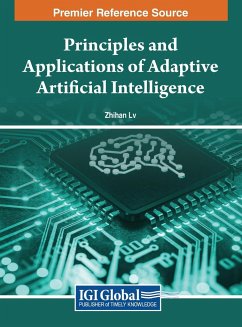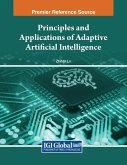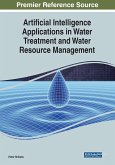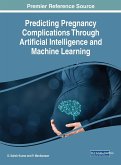The rapid adoption of deep learning models has resulted in many business services becoming model services, yet most AI systems lack the necessary automation and industrialization capabilities. This leads to heavy reliance on manual operation and maintenance, which not only consumes power but also causes resource wastage and stability issues during system mutations. The inadequate self-adaptation of AI systems poses significant challenges in terms of cost-effectiveness and operational stability. Principles and Applications of Adaptive Artificial Intelligence , edited by Zhihan Lv from Uppsala University, Sweden, offers a comprehensive solution to the self-adaptation problem in AI systems. It explores the latest concepts, technologies, and applications of Adaptive AI, equipping academic scholars and professionals with the necessary knowledge to overcome the challenges faced by traditional business logic transformed into model services. With its problem-solving approach, real-world case studies, and thorough analysis, the Handbook provides practitioners with practical ideas and solutions, while also serving as a valuable teaching material and reference guide for students and educators in AI-related disciplines. By emphasizing self-adaptation, continuous model iteration, and dynamic learning based on real-time feedback, the book empowers readers to significantly enhance the cost-effectiveness and operational stability of AI systems, making it an indispensable resource for researchers, professionals, and students seeking to revolutionize their research and applications in the field of Adaptive AI.
Bitte wählen Sie Ihr Anliegen aus.
Rechnungen
Retourenschein anfordern
Bestellstatus
Storno









